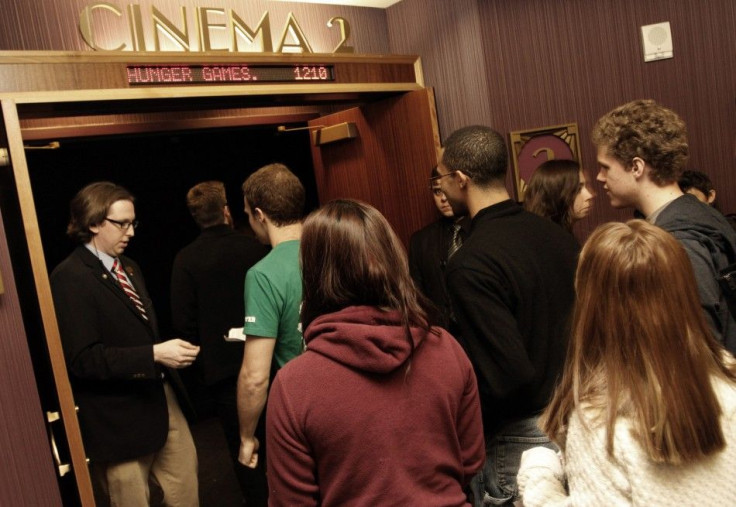Connecticut Bill Would Limit Noise Levels In Movie Theaters

The Connecticut legislature is considering a bill that would prevent movie theaters from showing movies or previews that exceed 85 decibels.
Proponents say it would protect workers from hearing loss. The National Institute for Occupational Safety and Health recommends that noise should be kept below 85 decibels for workers for eight hours to minimize hearing loss.
Robert Dobie, a professor at the University of Texas who is an expert in noise-induced hearing loss, says that the 85-decibel standard is for prolonged exposure to high levels of noise such as at construction sites, not occasional loud sounds from movies. “The exposure is so brief and intermittent that no one with any expertise would ever say that they have any real risk of hazard or harm,” Dobie says.
Researchers argue that the problem with loud movies and trailers is a peak-levels issue, not a prolonged exposure issue. William Young, a Stamford resident and chemical industry consultant who has pushed the measure, says that standard doesn’t work in this case because it measures the average of trailers. His colleague Arnold Gordon says their tests of previews found bursts of noise as high as 110 decibels. That's about the level of a riveting machine or a car horn from three feet away.
A Purdue University study found that 110 decibels is the "average human pain threshold."
Vans Stevenson, a senior vice president with the Motion Picture Association of America, says the measure is unnecessary because companies and theaters have voluntarily adopted standards on sound levels. Stevenson said the standards were developed because theater owners said audience members were complaining the trailers were too loud.
The MPAA says the bill violates the First Amendment and is discriminatory because it doesn’t apply to other events such as sports game or concerts.
As of now, the bill is being reviewed by the Connecticut General Assembly Public Safety and Security Committee. Sen. Carlo Leone (D-Stamford), who was part of the delegation that introduced the bill at Young's request, says a public hearing will guide the procedure forward. “I support the concept moving forward," Leone said. "If there are other corrective measures without legislation and it takes care of the problem, that would be the better choice.”
© Copyright IBTimes 2024. All rights reserved.












